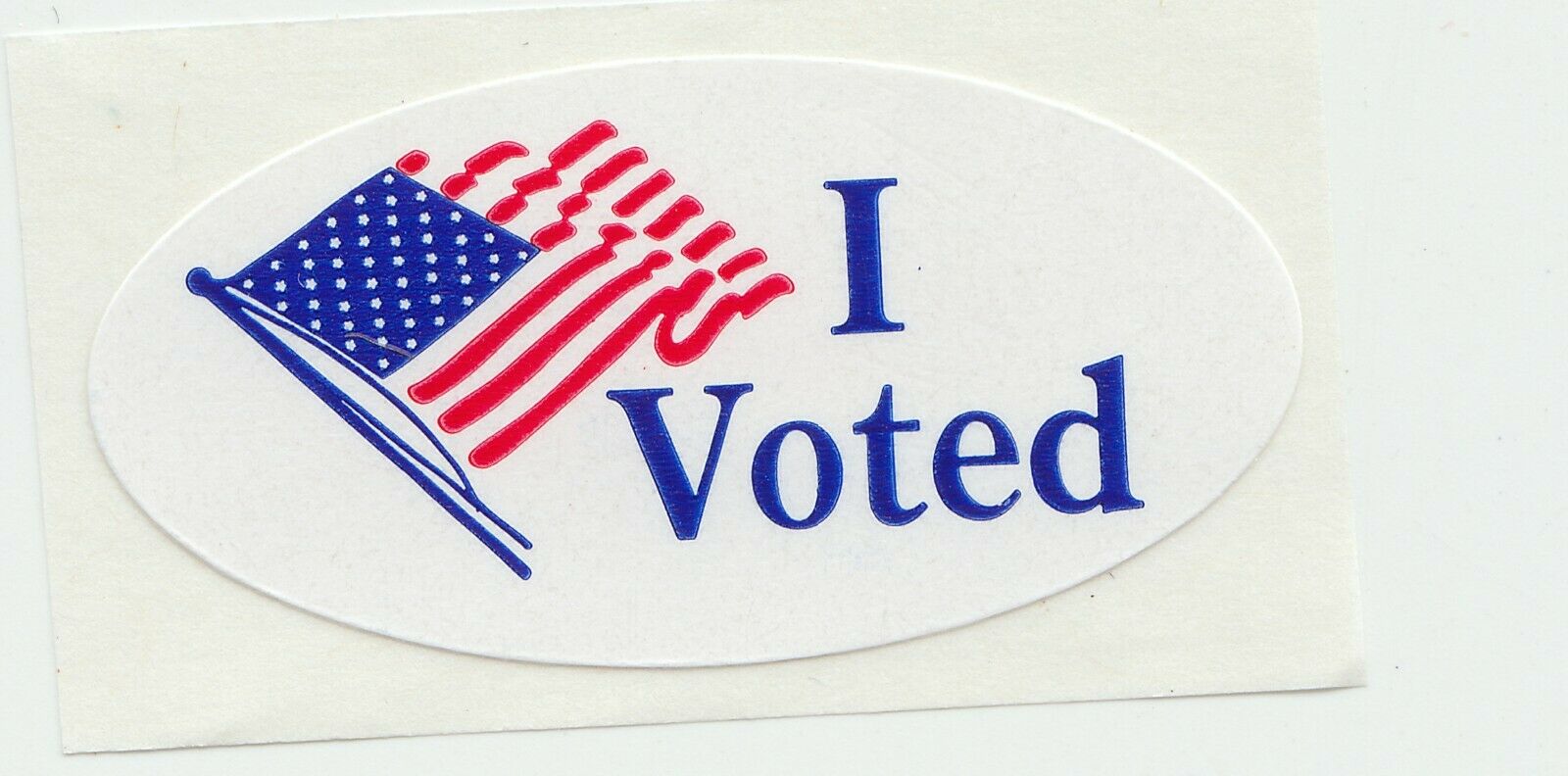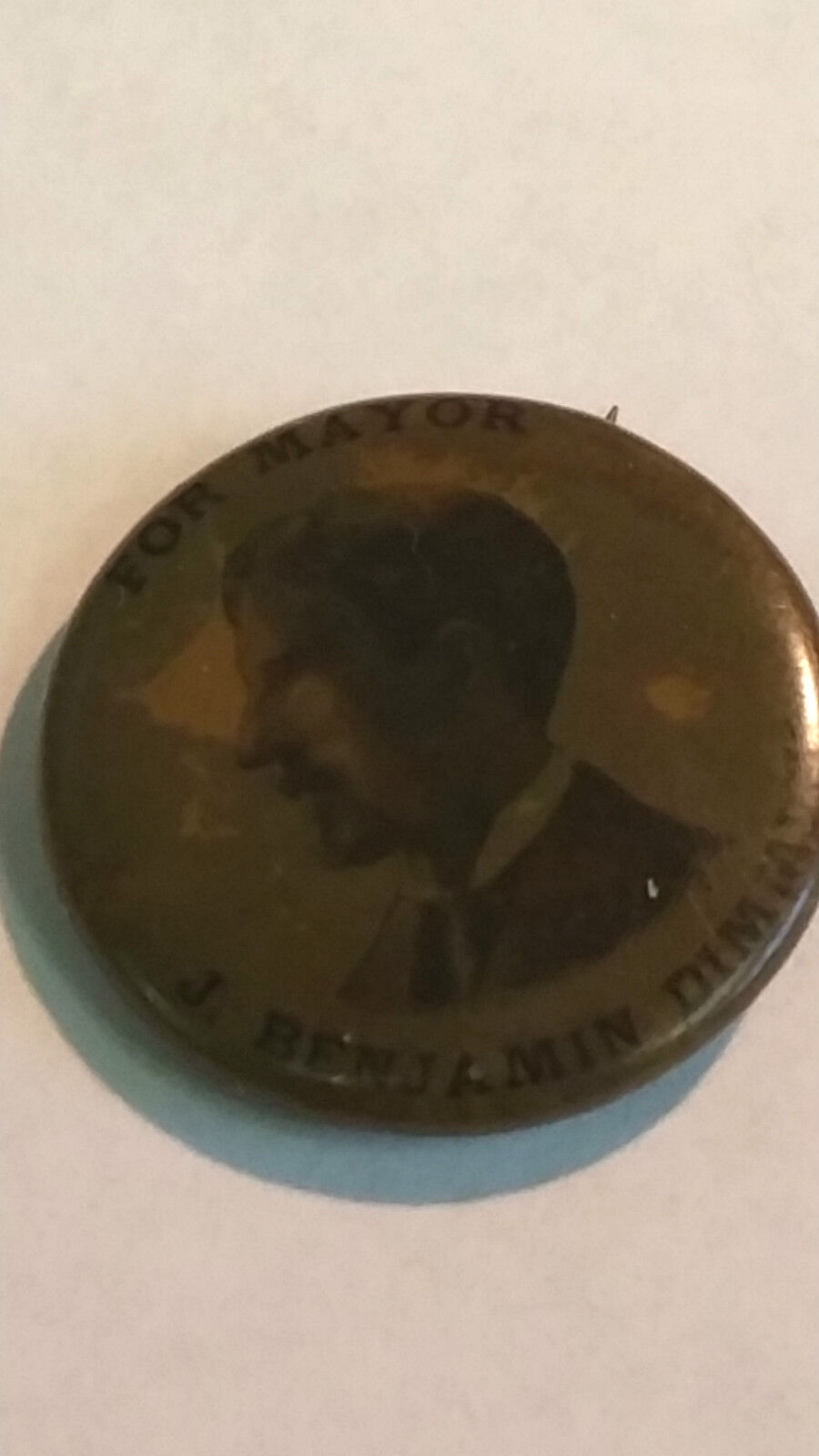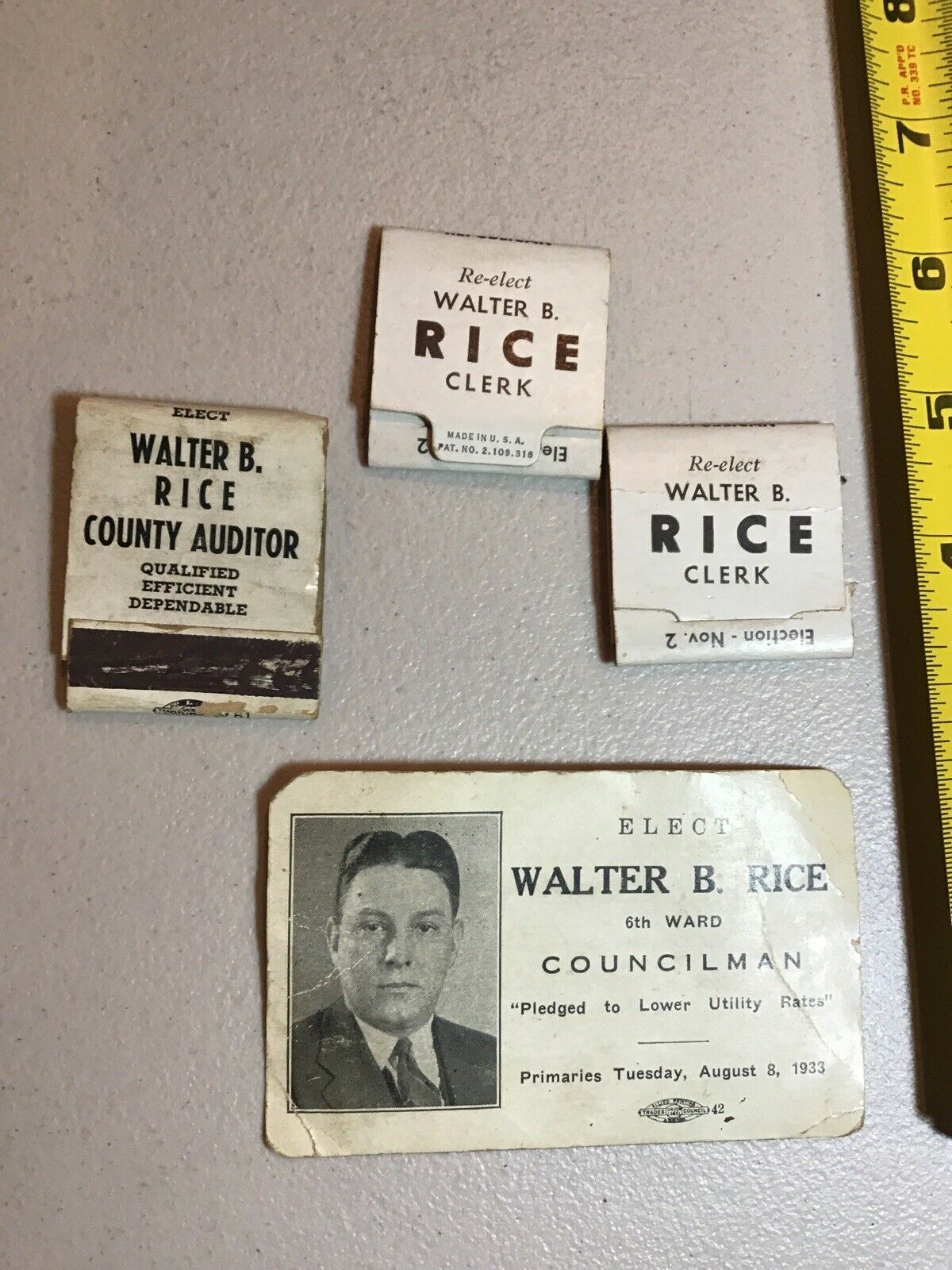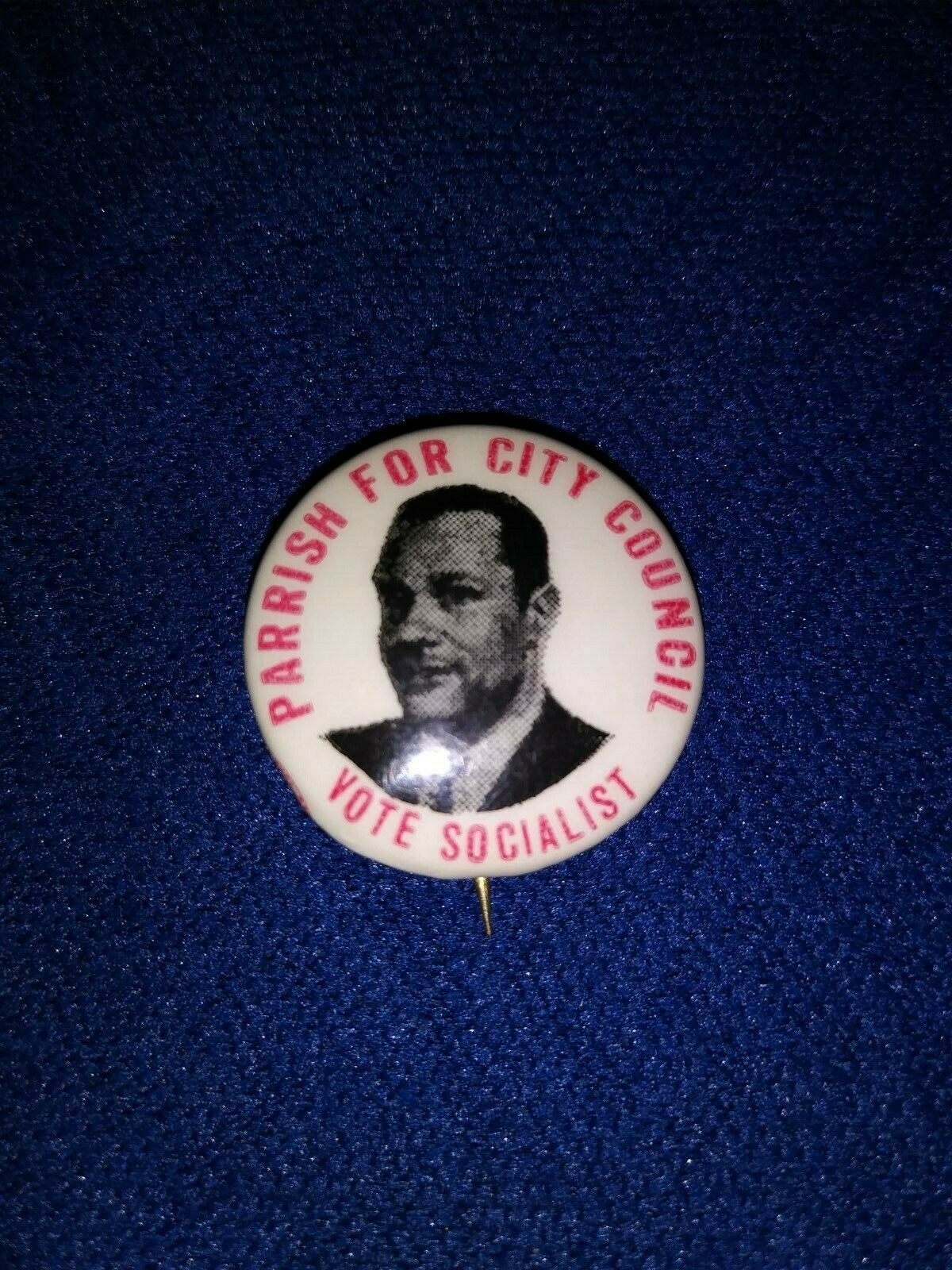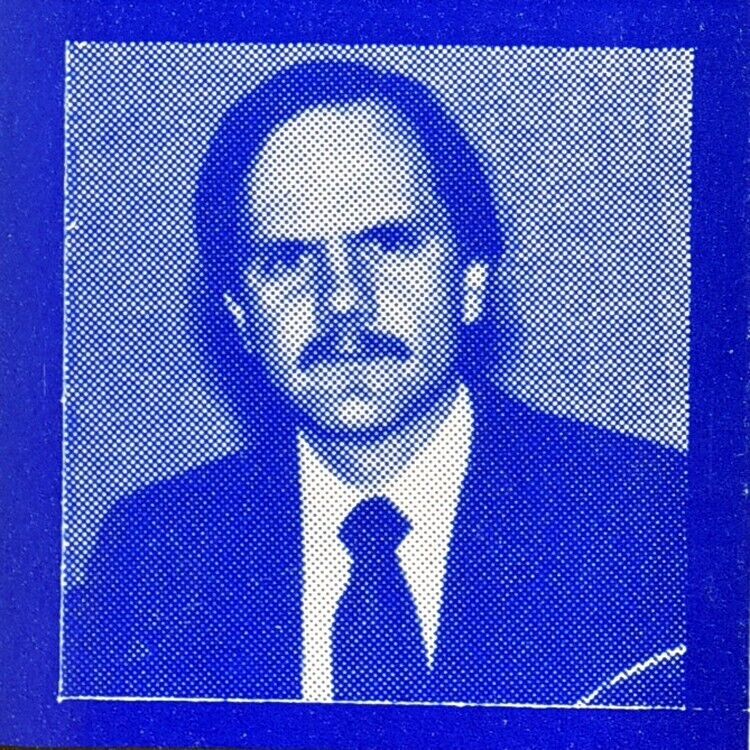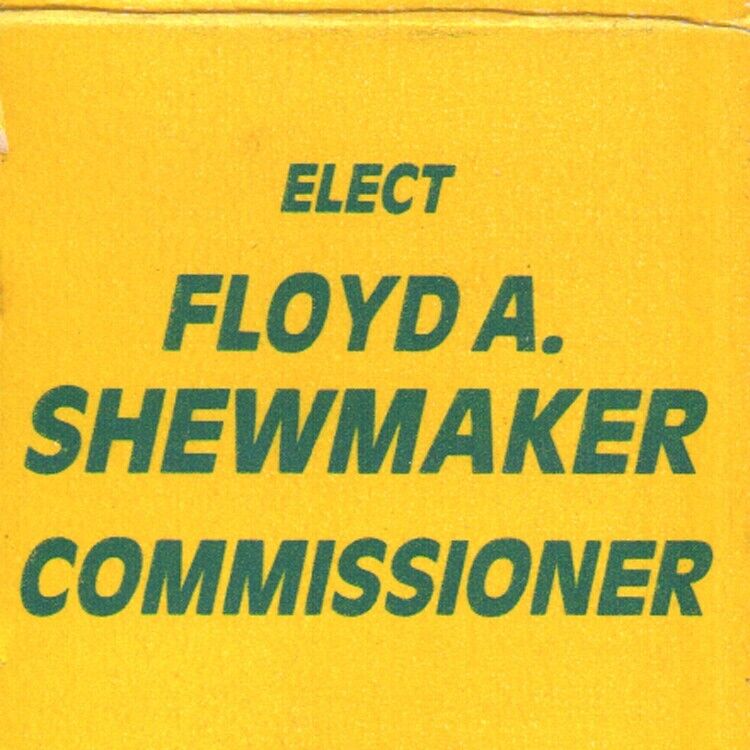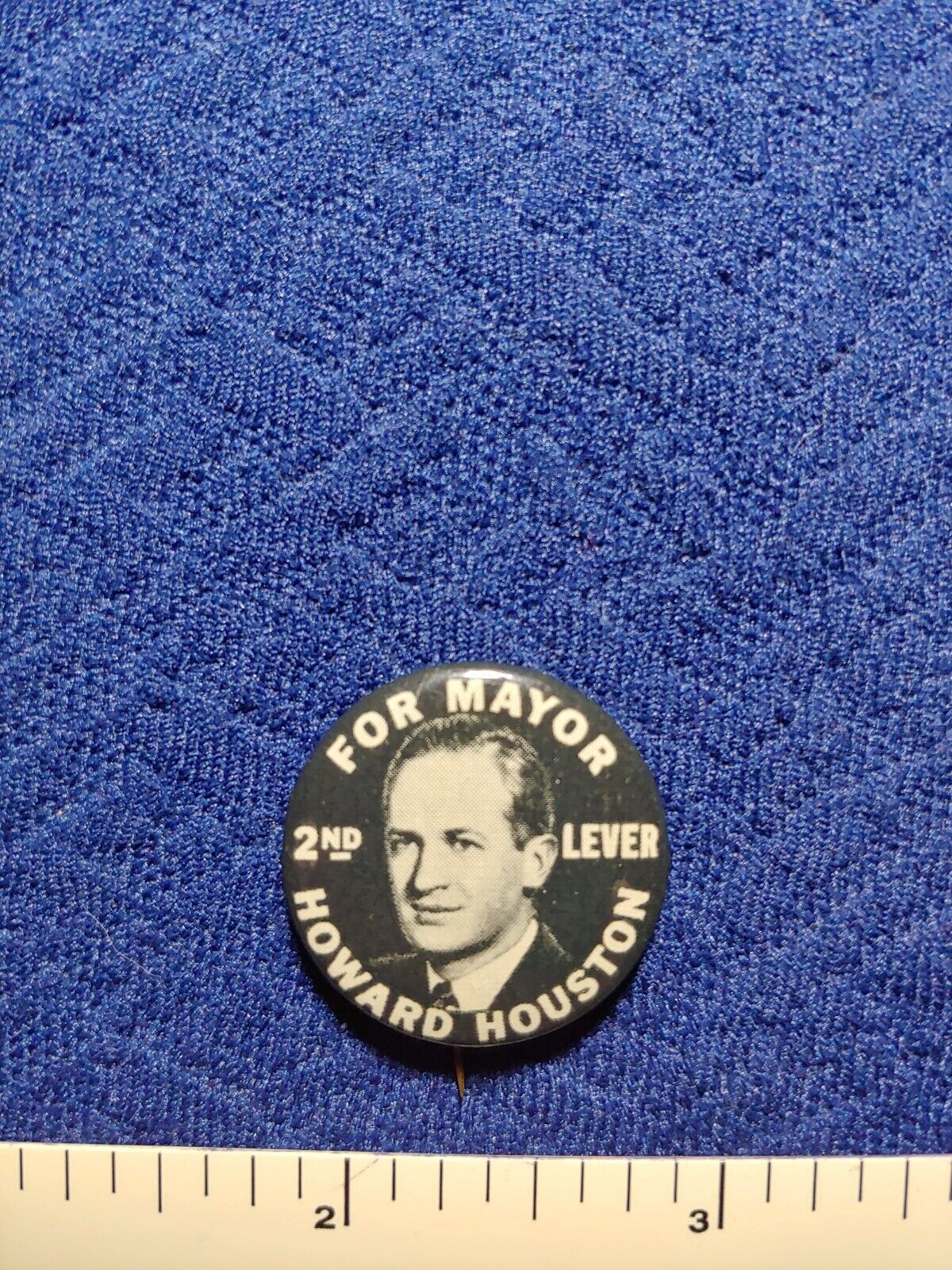-40%
Rudy Giuliani Mayor New York City 1994-2001 Running For Mayor Flyer 1993
$ 66
- Description
- Size Guide
Description
Rudy Giuliani Mayor New York City 1994-2001 Running For Mayor Flyer 1993.8.5” x 11”
D/S Double Sided
Rudy Giuliani
(Born May 28, 1944) is an American politician and lawyer who served as the 107th Mayor of New York City from 1994 to 2001. He previously served as the United States Associate Attorney General from 1981 to 1983 and the United States Attorney for the Southern District of New York from 1983 to 1989.
Rudy Giuliani
107th Mayor of New York City
In office
January 1, 1994 – December 31, 2001
Preceded by
David Dinkins
Succeeded by
Michael Bloomberg
United States Attorney for the Southern District of New York
In office
June 3, 1983 – January 1, 1989
President
Ronald Reagan
Preceded by
John S. Martin Jr.
Succeeded by
Otto G. Obermaier
United States Associate Attorney General
In office
February 20, 1981 – June 3, 1983
President
Ronald Reagan
Preceded by
John H. Shenefield
Succeeded by
D. Lowell Jensen
Personal details
Born
Rudolph William Louis Giuliani
May 28, 1944 (age 78)
New York City, U.S.
Political party
Republican (1980–present)
Other political
affiliations
Liberal (statewide)
Independent (1975–1980)
Democratic (before 1975)
Spouse(s)
Regina Peruggi
(m. 1968; div. 1982)
Donna Hanover
(m. 1984; div. 2002)
Judith Nathan
(m. 2003; div. 2019)
Children Andrew Caroline
Education
Manhattan College (BA)
New York University (JD)
Signature
Giuliani led the 1980s federal prosecution of New York City mafia bosses as U.S. Attorney for the Southern District of New York. After a failed campaign for Mayor of New York City in the 1989 election, he succeeded in 1993, and was reelected in 1997, campaigning on a "tough on crime" platform. He led New York's controversial "civic cleanup" as its mayor from 1994 to 2001. Mayor Giuliani appointed an outsider, William Bratton, as New York City's new police commissioner. Reforming the police department's administration and policing practices, they applied the broken windows theory, which cites social disorder, like disrepair and vandalism, for attracting loitering addicts, panhandlers, and prostitutes, followed by serious and violent criminals. For example, Giuliani removed panhandlers and sex clubs from Times Square. As crime rates fell steeply, well ahead of the national average pace, Giuliani was widely credited, though later critics cite other contributing factors. In 2000, he ran against First Lady Hillary Clinton for a US Senate seat from New York, but left the race once diagnosed with prostate cancer. For his mayoral leadership after the September 11 attacks in 2001, he was called "America's mayor". He was named Time magazine's Person of the Year for 2001 and was given an honorary knighthood in 2002 by Queen Elizabeth II of the United Kingdom.
In 2002, Giuliani founded a security consulting business, Giuliani Partners, and acquired, but later sold, an investment banking firm, Giuliani Capital Advisors. In 2005, he joined a law firm, renamed Bracewell & Giuliani. Vying for the Republican Party's 2008 presidential nomination, Giuliani was an early frontrunner yet did poorly in the primary election; he later withdrew and endorsed the party's subsequent nominee, John McCain. Declining to run for New York governor in 2010 and for the Republican presidential nomination in 2012, Giuliani focused on the activities of his business firms. In addition, he has often been engaged for public speaking, political commentary, and Republican campaign support.
Giuliani joined President Donald Trump's personal legal team in April 2018. His activities as Trump's attorney have drawn renewed media scrutiny, in particular due to allegations that he engaged in corruption and profiteering and his promotion of conspiracy theories, most notably about the 2018 and 2020 elections. In late 2019, Giuliani was reportedly under federal investigation for violating lobbying laws, and possibly several other charges, as a central figure in the Trump–Ukraine scandal which resulted in Trump's first impeachment. Following the 2020 presidential election, he represented Trump in many lawsuits filed in attempts to overturn the election results, making false and debunked allegations about rigged voting machines, polling place fraud, and an international communist conspiracy. Giuliani spoke at the rally preceding the January 6 United States Capitol attack where he made false claims of voter fraud and called for "trial by combat". As a consequence, his license to practice law was suspended in New York State in June 2021 and in the District of Columbia in July 2021.
Mayoral campaigns
Giuliani was U.S. Attorney until January 1989, resigning as the Reagan administration ended. He garnered criticism until he left office for his handling of cases and was accused of prosecuting cases to further his political ambitions. He joined the law firm White & Case in New York City as a partner. He remained with White & Case until May 1990, when he joined the law firm Anderson Kill Olick & Oshinsky, also in New York City.
1989
Giuliani first ran for New York City mayor in 1989, when he attempted to unseat three-term incumbent Ed Koch. He won the September 1989 Republican Party primary election against business magnate Ronald Lauder in a campaign marked by claims that Giuliani was not a true Republican after an acrimonious debate between the two men. In the Democratic primary, Koch was upset by Manhattan Borough president David Dinkins.
In the general election, Giuliani ran as the fusion candidate of both the Republican and the Liberal parties. The Conservative Party, which had often co-lined the Republican party candidate, withheld support from Giuliani and ran Lauder instead. Conservative Party leaders were unhappy with Giuliani on ideological grounds. They cited the Liberal Party's endorsement statement that Giuliani "agreed with the Liberal Party's views on affirmative action, gay rights, gun control, school prayer, and tuition tax credits".
During two televised debates, Giuliani framed himself as an agent of change, saying, "I'm the reformer," that "If we keep going merrily along, this city's going down," and that electing Dinkins would represent "more of the same, more of the rotten politics that have been dragging us down". Giuliani pointed out that Dinkins had not filed a tax return for many years and several other ethical missteps, in particular a stock transfer to his son. Dinkins filed several years of returns and said the tax matter had been fully paid off. He denied other wrongdoing, saying that "what we need is a mayor, not a prosecutor" and that Giuliani refused to say "the R-word – he doesn't like to admit he's a Republican". Dinkins won the endorsements of three of the four daily New York newspapers, while Giuliani won approval from the New York Post.
In the end, Giuliani lost to Dinkins by a margin of 47,080 votes out of 1,899,845 votes cast, in the closest election in New York City's history. The closeness of the race was particularly noteworthy, considering the small percentage of New York City residents who are registered Republicans, and it resulted in Giuliani being the presumptive nominee for a rematch with Dinkins at the next election.
1993
Main article: 1993 New York City mayoral election
Four years after his defeat to Dinkins, Giuliani again ran for mayor. Once again, Giuliani also ran on the Liberal Party line but not the Conservative Party line, which ran activist George Marlin.
Although crime had begun to fall during the Dinkins administration, Giuliani's campaign capitalized on the perception that crime was uncontrolled in the city following events such as the Crown Heights riot and the Family Red Apple boycott. The year prior to the election, Giuliani was a key speaker at a Patrolmen's Benevolent Association rally opposing Dinkins, in which Giuliani blamed the police department's low morale on Dinkins' leadership. The rally quickly devolved into a riot, with nearly 4,000 off-duty police officers storming the City Hall and blocking traffic on the Brooklyn Bridge.
In his pitch to lower crime rates in the city, Giuliani promised to focus police resources toward shutting down petty crimes and nuisances as a way of restoring the quality of life:
It's the street tax paid to drunks and panhandlers. It's the squeegee men shaking down the motorist waiting at a light. It's the trash storms, the swirling mass of garbage left by peddlers and panhandlers, and open-air drug bazaars on unclean streets.
Dinkins and Giuliani never debated during the campaign, because they were never able to agree on how to approach a debate. Dinkins was endorsed by The New York Times and Newsday, while Giuliani was endorsed by the New York Post and, in a key switch from 1989, the Daily News. Giuliani went to visit the Lubavitcher Rebbe, Rabbi Menachem Mendel Schneerson, seeking his blessing and endorsement.
On election day, Giuliani's campaign hired off-duty cops, firefighters, and corrections officers to monitor polling places in Manhattan, Brooklyn, and The Bronx for cases of voter fraud. Despite objections from the Dinkins campaign, who said that the effort would intimidate Democratic voters, Police Commissioner Ray Kelly assigned an additional 52 police captains and 3,500 officers to monitor the city's polling places.
Giuliani won by a margin of 53,367 votes. He became the first Republican elected mayor of New York City since John Lindsay in 1965. Similar to the election four years prior, Giuliani performed particularly well in the white ethnic neighborhoods in Brooklyn, Queens, and Staten Island. Giuliani saw especially high returns in the borough of Staten Island, as a referendum to consider allowing the borough to secede from New York City was on the ballot.



